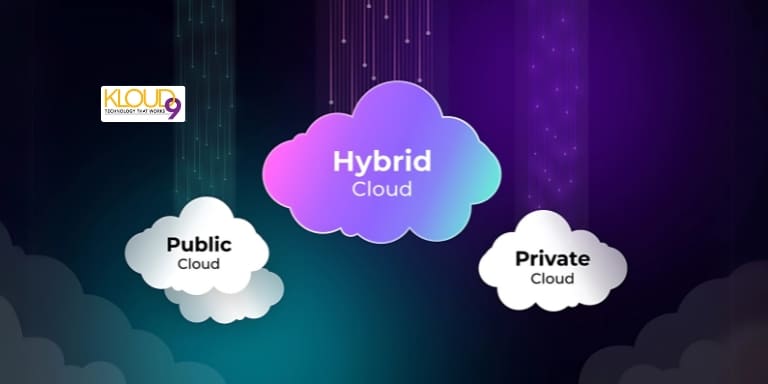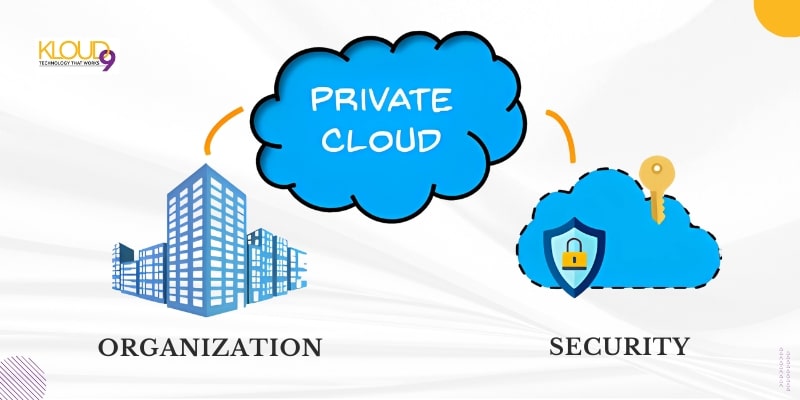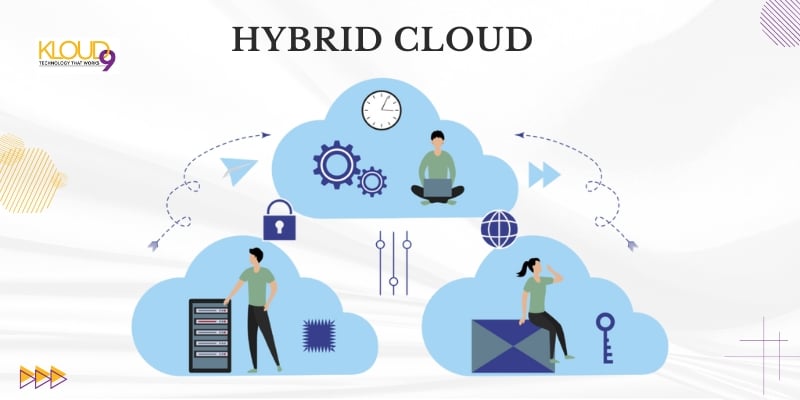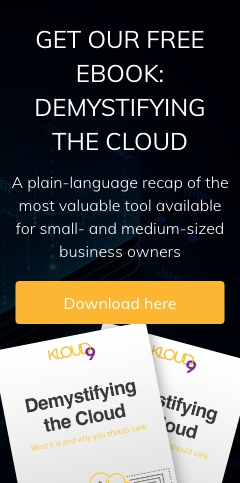Choosing the right cloud computing solution can be tricky, especially with options like public, hybrid, and private clouds seeming attractive. However, one thing is sure about cloud computing: one size never fits all. Businesses have various needs, and the type of cloud solution you choose for your business can greatly influence operations.
Each cloud solution has weaknesses and strengths. So, to choose between the cloud models, businesses must consider other options, such as budget, security, and speed.
It is essential to know about the challenges, benefits, and typical case studies of the various cloud models, as this provides you with everything you need to make an informed decision for business IT support. So, find out as you read further.
Public Cloud
The public cloud delivers computing resources, such as storage, servers, and applications, over the Internet through a third-party provider. They are shared among multiple users, following a pay-as-you-go model that offers scalability and flexibility.
Public clouds are:
- Managed by providers, for example, Microsoft Azure, Amazon Web Services, and Google Cloud.
- Accessible to anyone with access to the Internet, allowing users to tap into computing resources and applications from anywhere and at any time.
- Unlimited resources and data.
Advantages of Public Cloud
- Scalability: Public cloud offers resource scalability.
- Available Worldwide: Public cloud services are distributed across multiple regions for low latency.
- Cost-Effectiveness: The cloud does not require hardware or maintenance costs to thrive.
Challenges
- Compliance Problem: Strict regulations in some industries may affect public cloud adoption.
- Security Risks: Shared resources make the public cloud vulnerable to cyber risk.
Private Cloud
A private cloud is dedicated to some environment or an exclusive organization. It provides enhanced security, control, and customization, whether hosted on-premise or by a third-party provider. This cloud computing solution offers strict access controls through privatization, and it includes:
- Infrastructures that are entirely tailored to your needs
- Access limitation to one single organization.
- More control over security and data governance.
Advantages
- Robust Security Measures: Private clouds Protect sensitive data and critical workloads.
- Personalized Infrastructure: Private cloud models offer customized solutions for specific business requirements.
- Regulatory Compliance: Private clouds streamline restrictions to industry standards and regulations.
Challenges
- Higher Upfront Costs: Private cloud might need significant investment in software, hardware, software, and maintenance.
- Scalability Constraints: Flexibility is limited because scalability requires additional infrastructure investments.
Hybrid Cloud
A hybrid cloud integrates public and private clouds, enabling seamless application and data sharing. This allows businesses to strategically deploy workloads in a suitable working environment, leveraging the benefits of the cloud infrastructures.
Hybrid cloud features:
- Incorporation of public and private cloud models for flexibility
- Easy movement of applications and data within environments
- Combines public cloud cost-efficiency with private cloud security and control of private cloud.
- Applications and workloads in a suitable environment.
- Resource scaling between private and public clouds.
Advantages
- Strategic Workload Placement: A hybrid cloud can run sensitive workloads in a secure private cloud and less critical ones in a public cloud.
- Resource Allocation: A hybrid cloud uses the public cloud for workloads, enabling the model's efficiency while minimizing the cost of infrastructure.
- Data Recovery for Business Continuity: A hybrid cloud solution uses multiple environments for rapid recovery, enabling continued performance.
Challenges
- Interoperability Complexity: Ensuring hassle-free integration between public and private clouds often requires expertise and specialized tools.
- Management Issues: A hybrid cloud can be complex because integrating and managing multiple environments is challenging and resource-intensive.
Industry Use Cases of Public, Private, and Hybrid Cloud Solutions, With Examples
Case 1: Public Cloud in Startups
A tech company used Google Cloud App Engine to deploy scalable web applications and mobile backends through the public cloud. They maintained a less expensive operation and rapidly adapted to market needs by driving innovation and focusing on app development without being overwhelmed by infrastructure management.
Case 2: Private Cloud in Healthcare
A hospital using a private cloud infrastructure ensures a safe cloud computing solution for its data. It managed and stored patient-sensitive data through a hosted on-premises cloud, complying with strict data regulations like HIPAA and GDPR. This approach allowed the organization to maintain control over sensitive data, incorporate solid security measures, and comply with strict confidentiality requirements, all to protect patient trust and privacy.
Case 3: Hybrid Cloud in Retail
A global brand used a hybrid cloud infrastructure to run its IT services, deploying customer-facing applications on the public cloud to leverage its performance. In this case, sensitive systems like financial operations and inventory management are hosted in a private cloud, setting first control, compliance, and brand security.
Factors to Apply When Evaluating Cloud Models to Use
- Evaluate Workload Sensitivity: Determine the sensitivity of your business workloads and section them based on security requirements. This helps to identify which cloud solution demands high security and strict compliance for your organization or which cloud can safely operate in a shared and public environment.
- Assess Compliance Requirements: To avoid non-compliance penalties, select a cloud infrastructure that meets industry standards and regulations, such as PCI-DSS, GDPR, or HIPAA.
- Check the Costs: Public clouds are more affordable than private clouds, which usually require upfront investment in infrastructure and maintenance. Choose a cloud infrastructure that impacts your budget allocation.
Best Strategy for Optimizing Cloud Deployment
- Hybrid Cloud Strategy: Implement a hybrid cloud strategy using tools like AWS Outposts or Azure Arc to efficiently manage your on-premises and cloud environments.
- Monitor and Optimize Expenditure: Constantly monitor cloud resource use and optimize revenue with the right size of resources for your business. Eliminate waste to enhance your business efficiency and savings.
- Enforce Uniform Security Policies: To reduce vulnerabilities, maintain robust protection, and ensure compliance across all cloud infrastructures (public, private, hybrid).
Conclusion
Businesses might not require tedious cloud model selection if everyone knows what they want. Connect each cloud model to your organization's specific needs, and it will align with your goals. Remember to select carefully, evaluating the factors of public, private, and hybrid options. Also, prioritizing security, performance, and cost can go a long way.





You must be logged in to post a comment.